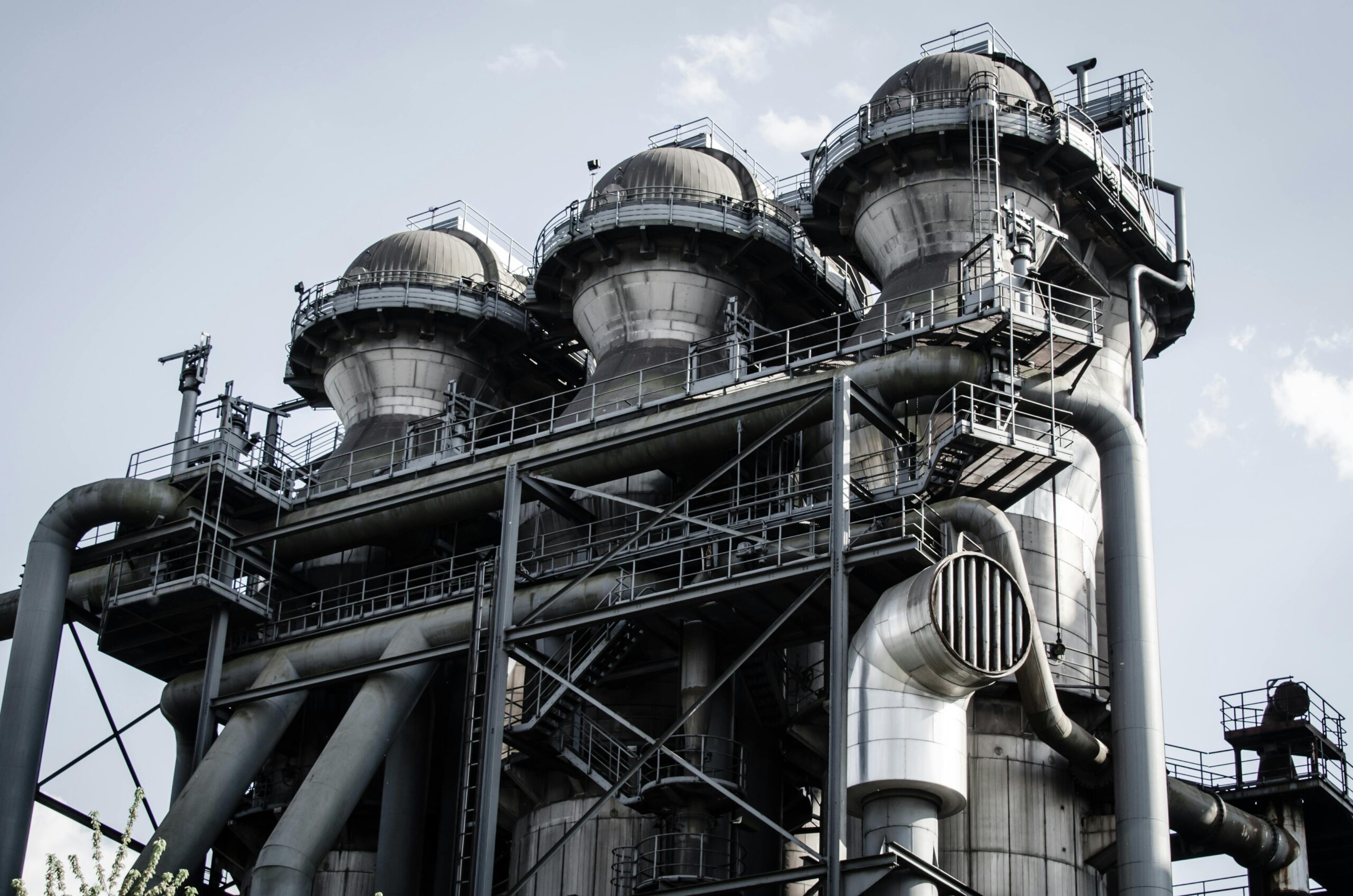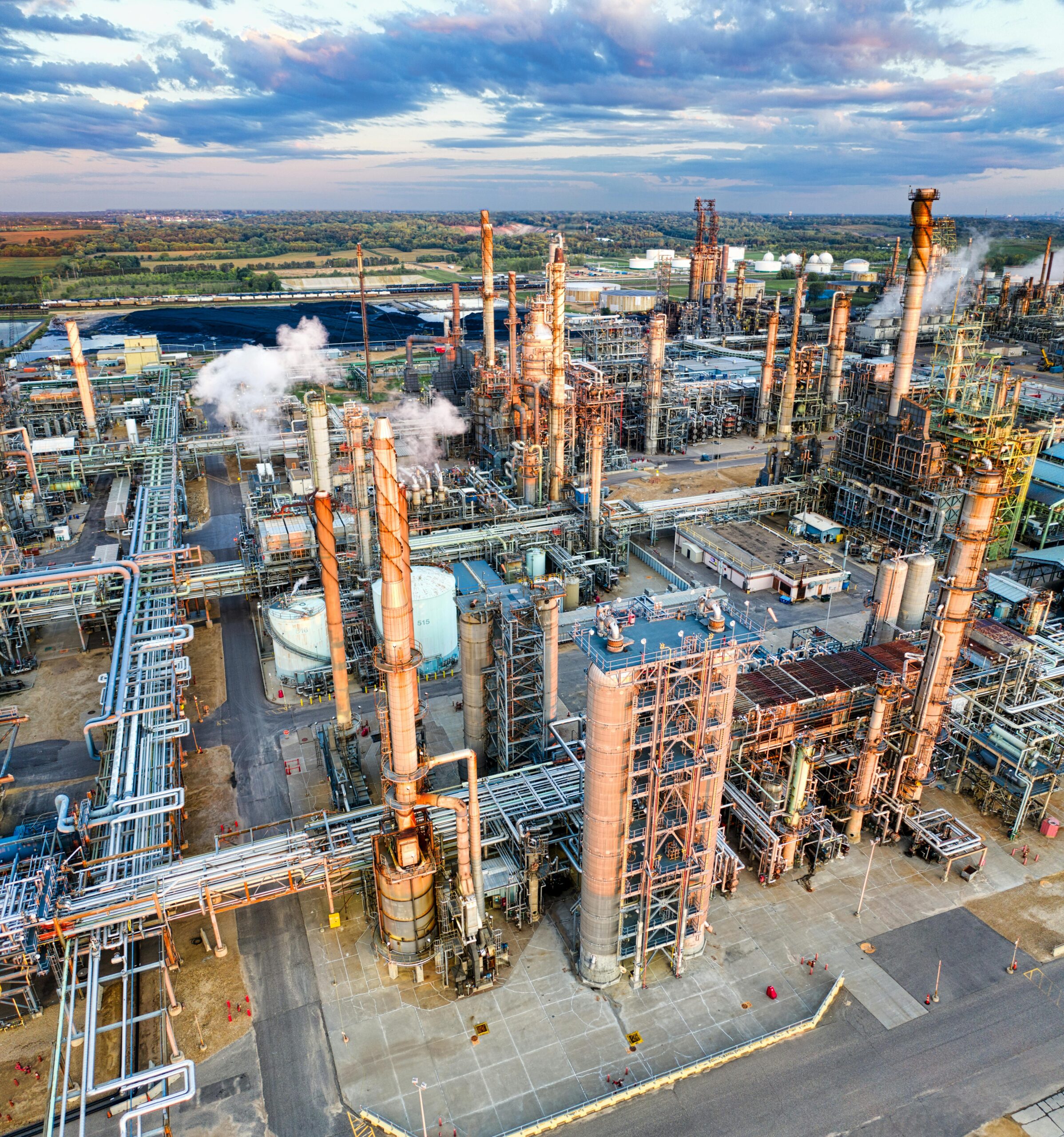Introduction: In the realm of industrial and manufacturing operations, the terms “plant” and “machinery” are integral. They refer to the physical assets that are essential for production and operational processes. Understanding what plant and machinery encompass, their significance, and how they are managed is crucial for businesses aiming to optimize their operations and maintain efficiency.
Defining Plant and Machinery:
Plant: The term “plant” typically refers to the physical site or factory where production or industrial operations occur. This includes buildings, structures, and infrastructure that house the machinery and equipment. The plant provides the necessary environment for the machinery to operate efficiently and safely. Examples include manufacturing plants, chemical processing plants, power plants, and assembly plants.
Machinery: Machinery refers to the individual machines and equipment used within a plant to perform specific tasks related to production, manufacturing, or other industrial processes. These machines can range from simple tools to complex, automated systems. Examples include lathes, milling machines, conveyor belts, cranes, drilling machines, and automated robots.
Significance of Plant and Machinery:
Production Efficiency: Plant and machinery are integral to the production process. Efficient, well-maintained machinery ensures high productivity, consistent quality, and minimized downtime. The layout and design of the plant also play a crucial role in streamlining operations and reducing bottlenecks.
Quality Control: High-quality machinery and a well-designed plant help maintain product quality. Precision machines and controlled environments are essential for producing goods that meet strict specifications and standards.
Cost Management: Investing in modern, efficient machinery can reduce operational costs in the long run by lowering energy consumption, reducing waste, and minimizing the need for manual labor. A well-maintained plant also helps in avoiding costly repairs and production halts.
Safety: Properly maintained machinery and well-constructed plants ensure the safety of workers. Compliance with safety standards and regulations is critical to prevent accidents and create a safe working environment.
Scalability: A well-planned plant and advanced machinery provide scalability, allowing businesses to increase production capacity and adapt to market demands without significant delays or additional investments.
Management of Plant and Machinery:
Maintenance: Regular maintenance of machinery is essential to prevent breakdowns and ensure smooth operation. This includes routine inspections, servicing, and timely repairs. Predictive maintenance techniques, such as using sensors and data analytics, can help identify potential issues before they lead to equipment failure.
Upgrades and Modernization: Staying competitive often requires upgrading or modernizing machinery and plant infrastructure. This can involve integrating new technologies, improving automation, and enhancing energy efficiency.
Asset Management: Effective asset management involves tracking the lifecycle of plant and machinery, from acquisition and operation to disposal. This includes maintaining records of performance, maintenance history, and financial aspects such as depreciation.
Compliance and Safety: Ensuring that all machinery and plant operations comply with local regulations and safety standards is crucial. This involves regular audits, employee training, and implementing safety protocols.
Energy Efficiency: Implementing energy-efficient practices and technologies can significantly reduce operational costs and environmental impact. This includes using energy-efficient machinery, optimizing processes, and employing renewable energy sources where possible.
Conclusion: Plant and machinery are foundational elements of industrial and manufacturing operations. Their efficient management is crucial for ensuring high productivity, maintaining quality, reducing costs, and ensuring safety. By investing in modern equipment, maintaining existing assets, and adhering to best practices in asset management, businesses can achieve operational excellence and remain competitive in their respective industries. Understanding and effectively managing plant and machinery are key to the sustainable growth and success of any industrial enterprise. In today’s rapidly evolving industrial landscape, the ability to effectively leverage plant and machinery will continue to be a significant determinant of business success.





